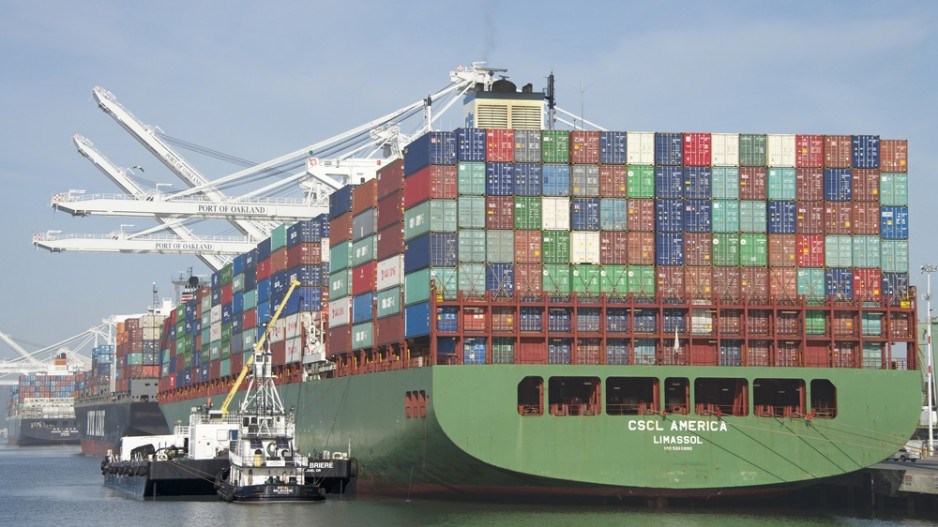Canadian premiers announced July 22 that they have reached an agreement in principle on a new Canadian Free Trade Agreement (CFTA).
The CFTA is intended to support their vision for promoting trade, investment and labour mobility across provincial and territorial boundaries, as part of a broader economic vision for Canada.
The eventual agreement is expected to include fewer trade regulations so that businesses will have an easier time hiring workers and buying supplies.
The previous Agreement on Internal Trade (AIT), which came into effect in the mid-1990s, was proscriptive in the sense that it outlined exactly what it included. The CFTA is expected to be different in that it will explicitly cite what is not included.
Premiers have committed to direct their trade ministers to finalize remaining technical issues around the agreement and to work with the federal government, which will also have to sign off on the agreement. All first ministers will then have to sign off on the pact.
“I’m happy to hear that it is going to be more comprehensive, and that’s good,” federal Conservative interprovincial-trade critic Dan Albas told Business in Vancouver after news of the premiers' agreement in principle was released.
“I’ve heard that there’s going to be more labour mobility. That’s good. Whether it actually, truly is a comprehensive agreement, we just don’t know. A comprehensive agreement would include alcohol and we know that that’s not in there.”
Albas believes that alcohol is not part of the agreement in principle because a release, which announced the agreement, said that there will be a working group that will be focused on how to liberalize interprovincial trade in alcoholic beverages, such as beer, wine and spirits.
B.C. also separately signed an agreement with Ontario and Quebec that said that all three provincial governments are committed to making free movement of wine easier and that they will make changes through their respective distribution branches.
Challenges transporting wine across provincial boundaries had been the catalyst for campaigns and popular Twitter hashtags #FreeMyGrapes and #FreeTheBeer.
It has also been the subject of recent court cases, such as one in New Brunswick in April, when a provincial court judge ruled that provincial restrictions on importing alcohol from other provinces was unconstitutional.
The New Brunswick government then filed an appeal in May.
That case means that there is a current lack of clarity over whether laws, regulating the flow of alcohol across provincial boundaries, are constitutional, Albas said.
“We’re going to be able to judge whether this [CFTA] is good based on its constitutionality, its comprehensiveness and whether it has a proper trade-dispute resolution process and then whether it deals with labour mobility, and we still haven’t heard those details,” he added.
“We see some fire. We see some light, but there’s not a lot of visibility.”




